Publications
Articles, publications, books, tools and multimedia features from the U.S. Institute of Peace provide the latest news, analysis, research findings, practitioner guides and reports, all related to the conflict zones and issues that are at the center of the Institute’s work to prevent and reduce violent conflict.
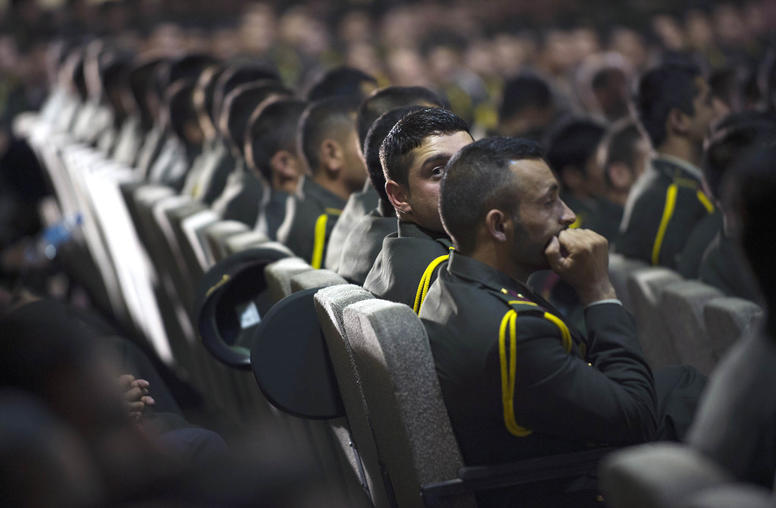
Seize This Moment for Afghan Peace Talks
Even though fighting continues, nearly all serious observers believe a political settlement in Afghanistan is the only plausible alternative to open-ended war. So, while Taliban leaders over the last month have announced their annual spring offensive and disputed Kabul and Washington’s sincerity about making peace, they concurrently show signs of flexibility in how they envision a potential peace deal.
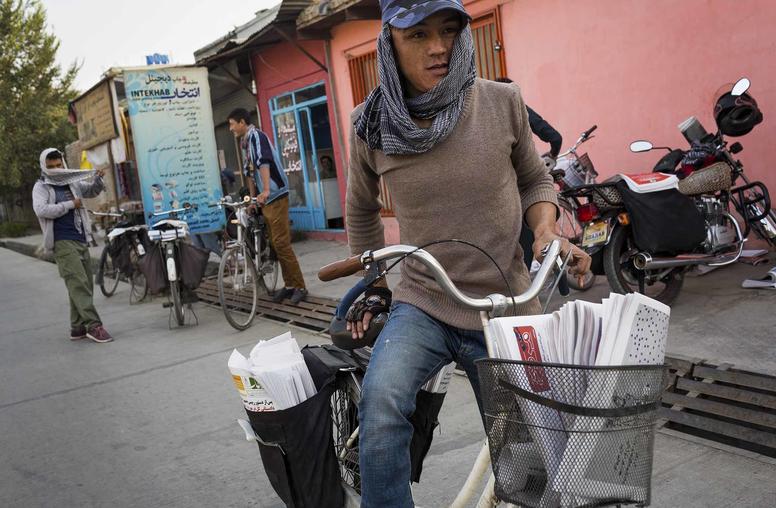
ISIS Seeks to Threaten Afghan Democracy with Latest Assault
With last week’s attack aimed at discrediting the electoral process and dissuading Afghans from participating, the Islamic State has made clear that it intends to suppress Afghanistan’s democratic development. Afghanistan’s burgeoning independent media is one of the country’s major success stories and most-trusted institutions.
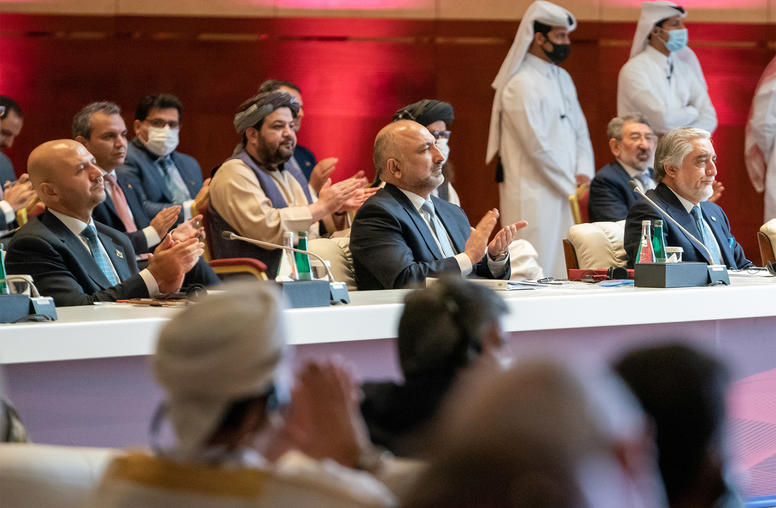
Five Things to Know About the Afghan Peace Talks
The intra-Afghan negotiations that began on Saturday represent a watershed moment in the war: the first direct, official talks between the Taliban and the Afghan government. These historic talks commenced 19 years and one day after al-Qaida's 9/11 terrorist attacks drew the United States into Afghanistan's civil war. Just getting the Afghan government and the Afghan Taliban to the table is an accomplishment. The main reason the talks materialized is the U.S.-Taliban agreement signed in February of this year; that agreement delivered a timetable for the eventual withdrawal of foreign troops, which met the Taliban’s years-long precondition for opening talks with the Afghan government.
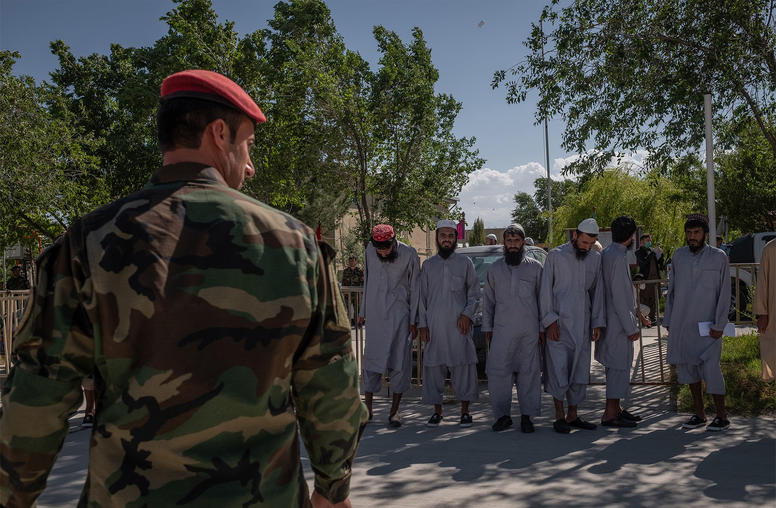
Afghan Peace Talks: Prisoner Release Paves Way for Direct Negotiations
Afghan President Ashraf Ghani on Sunday said that his government would release the last batch of Taliban prisoners, ostensibly removing the final hurdle to direct negotiations with the insurgent group. Intra-Afghan negotiations were originally slated for March 10 as part of the U.S.-Taliban deal signed in late February, but were delayed due to disagreements over prisoner releases. The Afghan government and Taliban had committed to releasing 5,000 and 1,000 prisoners respectively, but the final 400 Taliban prisoners had been accused or convicted of major crimes, including murder. Ghani only made the decision to release those prisoners after he called for a consultative assembly, or loya jirga, to advise on the decision. USIP’s Afghanistan experts explain why Ghani convened the loya jirga, what to expect in the early stages of talks, and what role the United States can play.
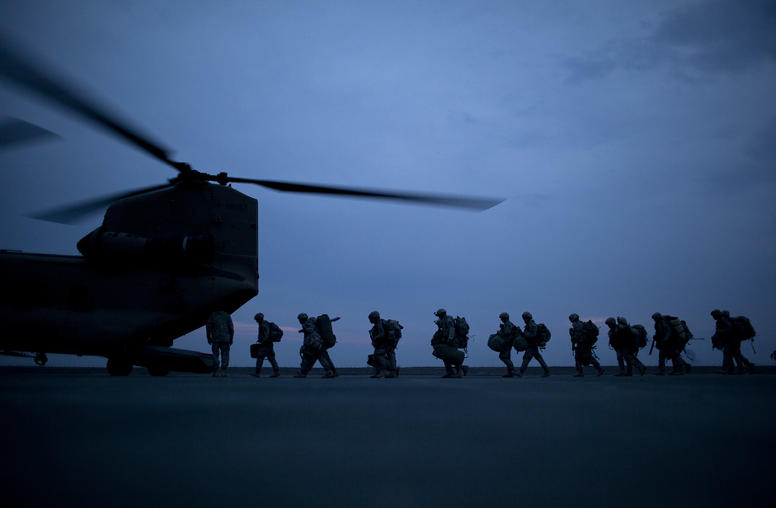
U.S. Withdrawal from Afghanistan: End to an Endless War?
President Joe Biden formally announced on Wednesday that the United States will withdraw troops from Afghanistan by September 11 of this year, the 20th anniversary of the al-Qaida attacks that led to the U.S. overthrow of the Taliban. The decision comes a month after U.S. Secretary of State Antony Blinken looked to jump-start the moribund intra-Afghan peace talks in Doha, Qatar with a sweeping set of proposals. Although the withdrawal would mean an end to America’s longest war, the implications for Afghanistan’s hard-won progress are immense and many fear the possibility of a rejuvenated civil war after U.S. troops leave.
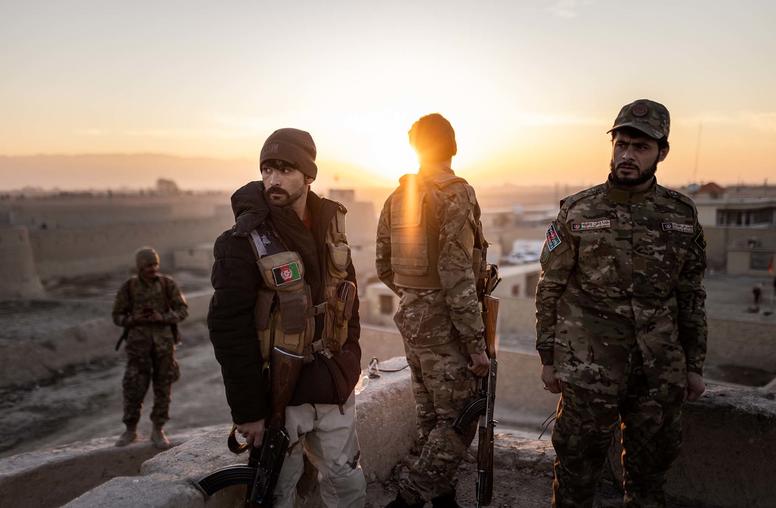
How to Prevent Fresh Hostilities as Afghan Peace Talks Progress
Many peace processes experience at least short-term reversions to violence. Even a successful Afghan peace process will be at risk of the same, especially in the likely event that the United States and its allies continue to withdraw troops from Afghanistan. Ideally, such troop reductions would move in parallel with de-escalatory measures by the Taliban and other armed actors on the ground. A healthy dose of realism is in order, however. Though the Taliban and others in Afghanistan are unlikely to ever fully disarm or demobilize, persistent resources and attention from the United States and its allies can help prevent any regression to full-scale violence during the years of any peace agreement’s implementation.
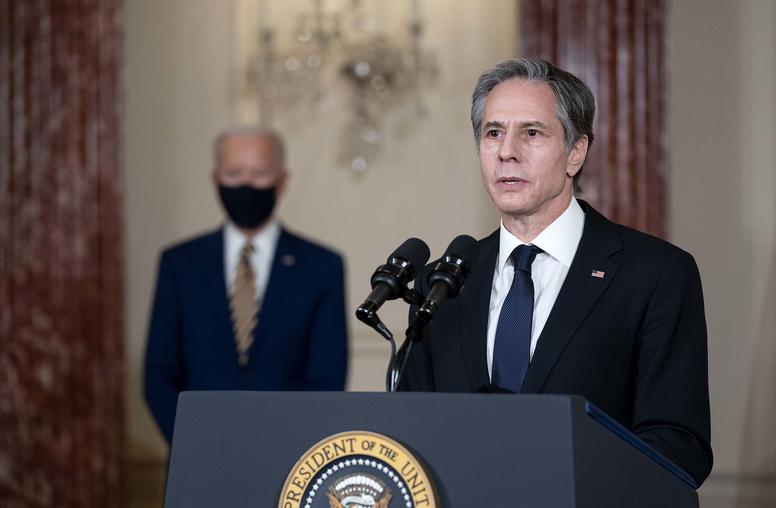
Can Blinken’s Letter Jump-start the Afghan Peace Process?
With intra-Afghan talks gridlocked and the U.S. troop withdrawal deadline looming, Secretary of State Antony Blinken proposed new plans to advance the peace process in a letter to Afghan President Ashraf Ghani. The letter recommends several efforts to “move matters more fundamentally and quickly” toward peace, including a U.N.-convened conference of key regional actors, a senior-level meeting between the Afghan government and the Taliban hosted by Turkey and a 90-day reduction in violence to head off the Taliban’s annual spring offensive. Blinken also recommended an interim power-sharing government composed of Taliban and other Afghan leaders.
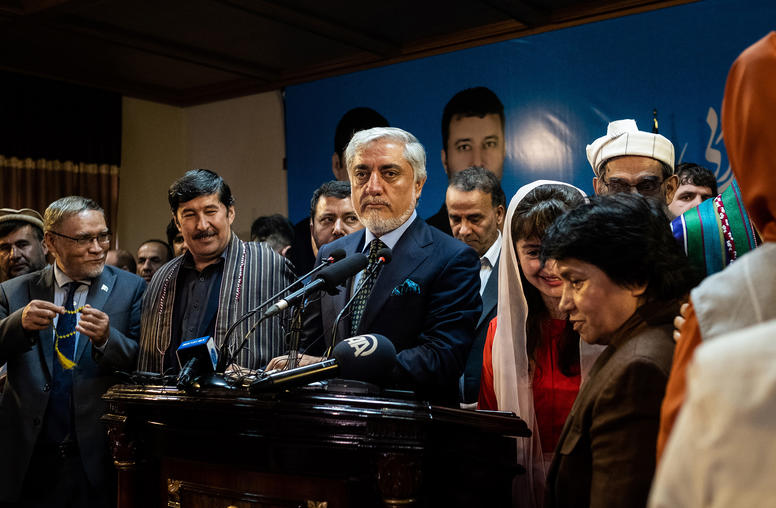
Negotiations Are the Only Way to End Afghan Conflict, Says Abdullah
The head of Afghanistan’s new peace council said yesterday that he is optimistic that intra-Afghan talks can start in the coming weeks, but increased levels of violence and details of prisoner releases may slow the start of talks. Chairman Abdullah added that the government’s negotiating team will be inclusive and represent common values in talks with the Taliban. The team “will be diverse and represent all walks of life,” Abdullah said. Afghans and analysts have expressed concern that without an inclusive negotiating team, the country’s hard-won, democratic gains could be compromised for the sake of a deal with the Taliban.
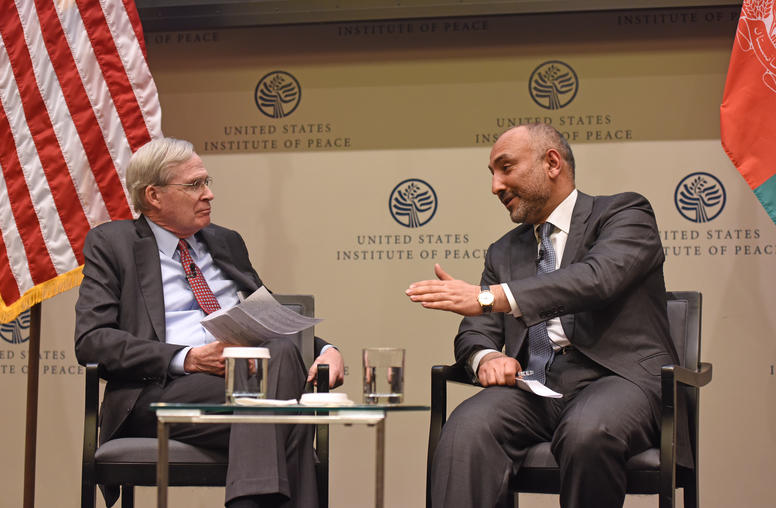
Making Peace Among Afghans: Kabul's View
Afghanistan’s government is focused on building consensus—both domestically and among states in the region—to support a peace process with the Taliban insurgency, according to the Afghan national security advisor, Hanif Atmar. The main challenges, he said, include continued support from Pakistan for the Taliban and an incremental recent Russian move toward immediate cooperation with the Taliban even without a peace process.
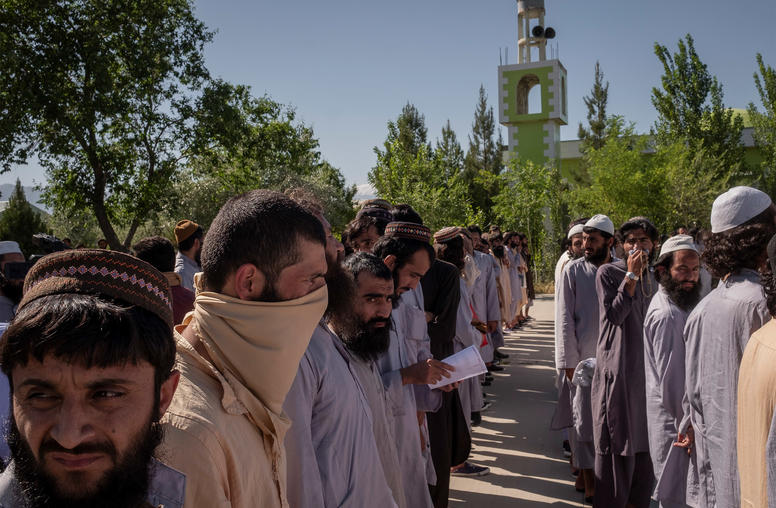
Afghan Government: ‘Optimistic’ on Opening Talks with Taliban
Afghanistan’s government is optimistic that the delayed peace talks with the Taliban can start soon, acting Foreign Minister Mohammed Haneef Atmar told an online audience. Atmar’s comments are the latest sign that one reason for the five-month delay, disputes over the two sides’ release of prisoners they have been holding, may be nearly resolved. Taliban attacks on government forces have continued, and civilian casualties have remained high, as the two sides have wrestled over conditions for starting the talks as envisioned in a February agreement between the United States and the Taliban.